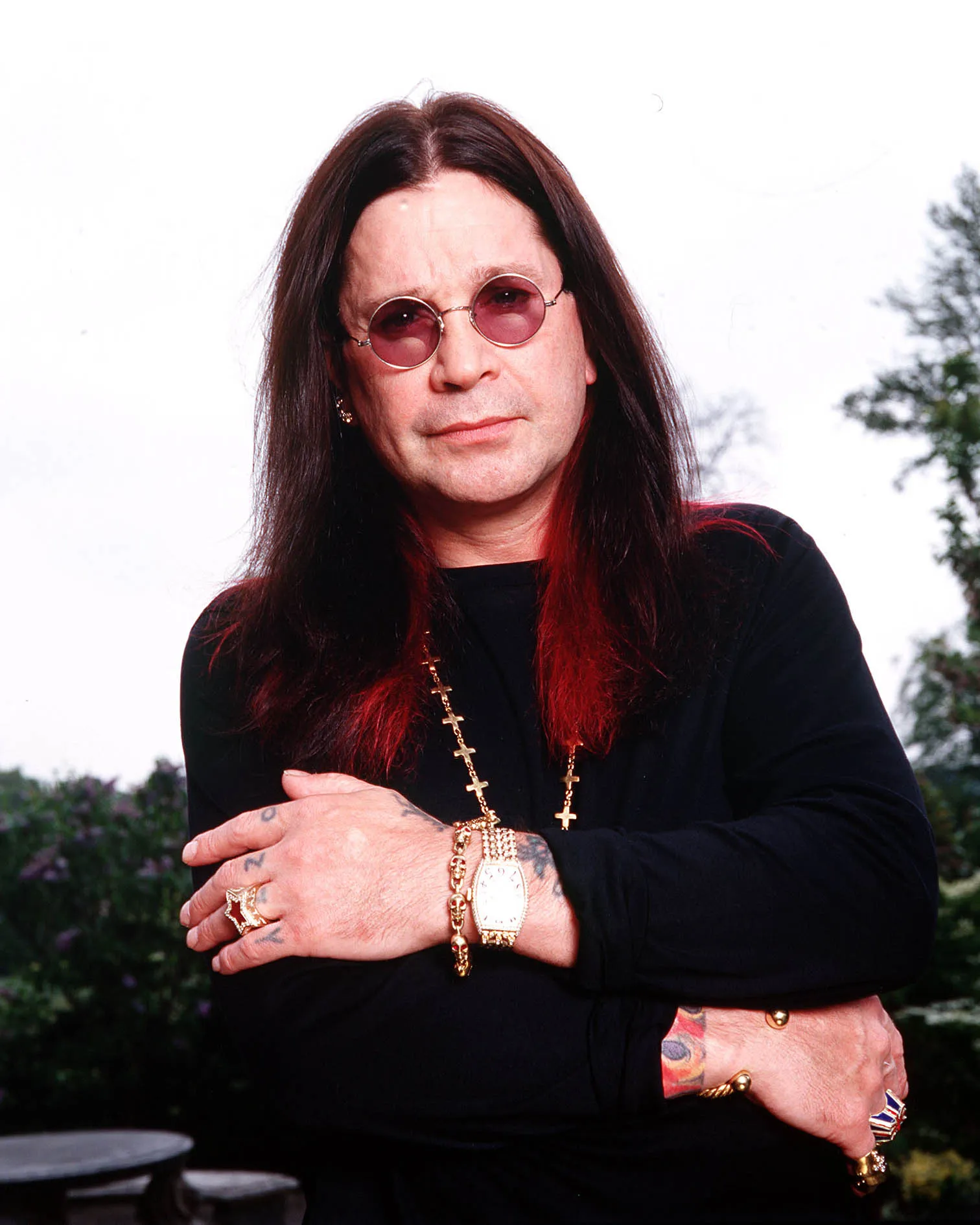Malcolm Jamal Warner & Ozzy Osbourne
- Derrick Danzel Days II Corporation

- Jul 22, 2025
- 3 min read
Two great icons have died: Malcolm Warner and Ozzy Osbourne.
Malcolm-Jamal Warner: A Multifaceted Talent
Malcolm-Jamal Warner is an American actor, musician, and poet, best known for his iconic role as Theodore Huxtable on the beloved NBC sitcom The Cosby Show. His portrayal of the Huxtable family's youngest son earned him widespread recognition and acclaim, including a nomination for Outstanding Supporting Actor in a Comedy Series at the 38th Primetime Emmy Awards. Born on August 18, 1970, in Jersey City, New Jersey, Warner showed an early interest in the arts. He began acting at a young age, participating in various school plays and local theater productions. His big break came when he was cast in The Cosby Show, which premiered in 1984 and quickly became a cultural phenomenon.
As Theodore "Theo" Huxtable, Warner portrayed the relatable and often humorous challenges faced by a young African American man growing up in a middle-class family. The show tackled various social issues while maintaining a light-hearted tone, and Warner's performance was a key element of its success. His character resonated with audiences, making him a household name. After The Cosby Show concluded in 1992, Warner continued to build his career in television and film. He appeared in various roles, including a notable performance in the series Malcolm & Eddie, alongside comedian Eddie Griffin. Warner also ventured into music, releasing albums that showcased his talents as a musician and poet.
With a career that spans decades, Malcolm-Jamal Warner has proven himself to be more than just a talented actor. His roles, music, and poetry reflect a deep commitment to storytelling and cultural representation. As he continues to evolve as an artist, his legacy in the entertainment world remains impactful and enduring.
John Michael "Ozzy" Osbourne: The Prince of Darkness
John Michael "Ozzy" Osbourne is a renowned English singer, songwriter, and media personality, best known for his role as the lead singer of the iconic band Black Sabbath. Emerging onto the music scene in the 1970s, Osbourne quickly rose to fame and has since become a pivotal figure in the world of heavy metal music. Formed in 1968, Black Sabbath is often credited with creating the heavy metal genre. The band's unique sound, characterized by heavy guitar riffs, dark themes, and Osbourne's distinctive vocals, set the stage for a musical revolution. Their self-titled debut album, released in 1970, introduced audiences to a new sound that would influence countless artists and bands in the years to come.
Throughout the 1970s, Black Sabbath released a series of critically acclaimed albums, including "Paranoid," "Master of Reality," and "Sabbath Bloody Sabbath." These works solidified their status as pioneers of heavy metal. Osbourne's theatrical stage presence and powerful voice became hallmarks of the band's identity. After leaving Black Sabbath in 1979, Ozzy Osbourne embarked on a successful solo career. His debut solo album, "Blizzard of Ozz," was released in 1980 and featured hits like "Crazy Train" and "Mr. Crowley." Osbourne's solo work continued to showcase his talent, with albums such as "Diary of a Madman" and "No More Tears" further establishing him as a solo artist. Ozzy Osbourne's contributions to music have not gone unrecognized. In 2006, Black Sabbath was inducted into the Rock and Roll Hall of Fame, a testament to their lasting impact on the music industry. Osbourne's influence extends beyond music; he has also made a name for himself in television, notably with the reality show "The Osbournes," which aired in the early 2000s and provided a glimpse into his family life.
John Michael "Ozzy" Osbourne remains a legendary figure in rock music, known for his distinctive voice, captivating performances, and significant contributions to the heavy metal genre. His journey from the frontman of Black Sabbath to a successful solo artist and media personality showcases his enduring legacy and influence in the world of music.








RIP ❤️